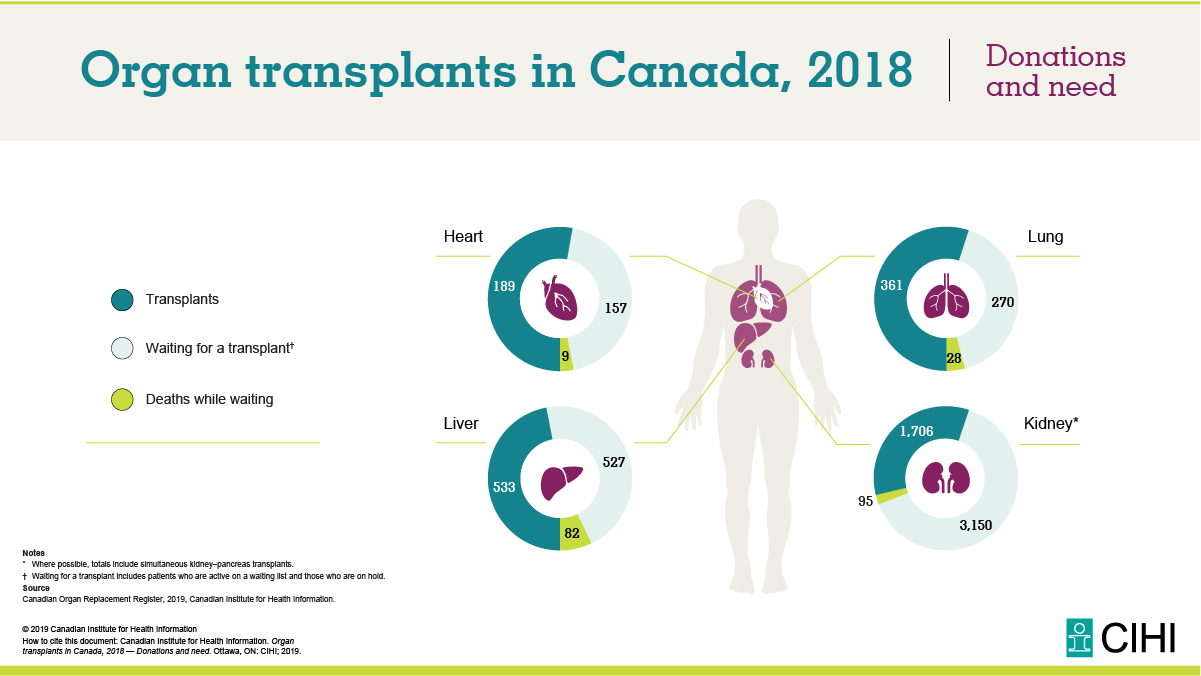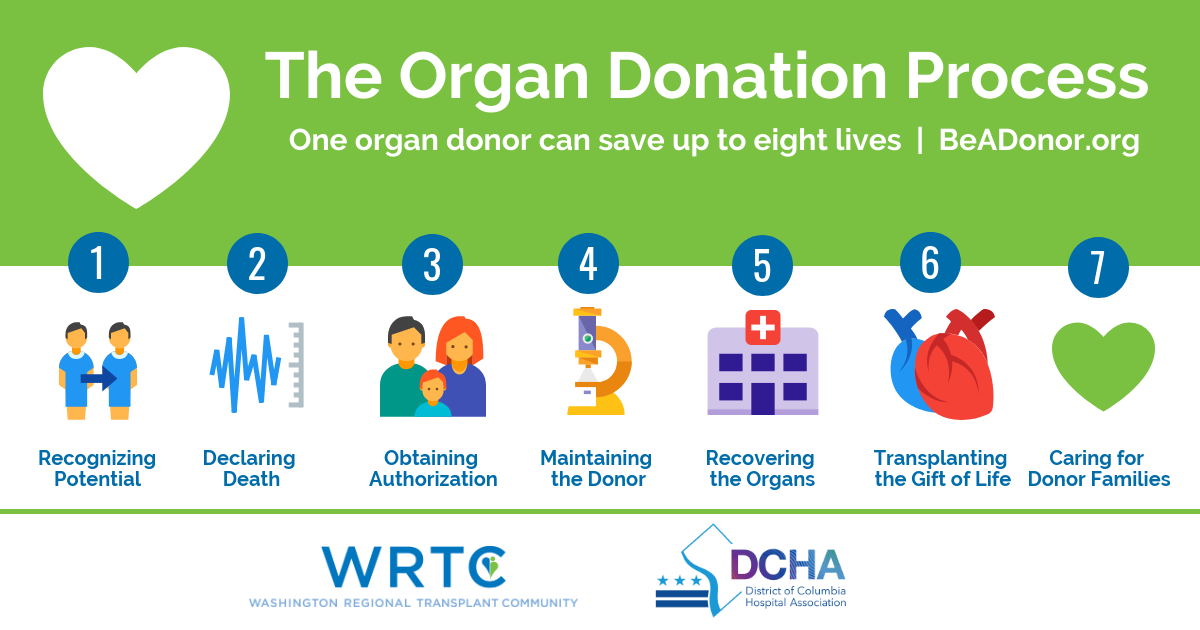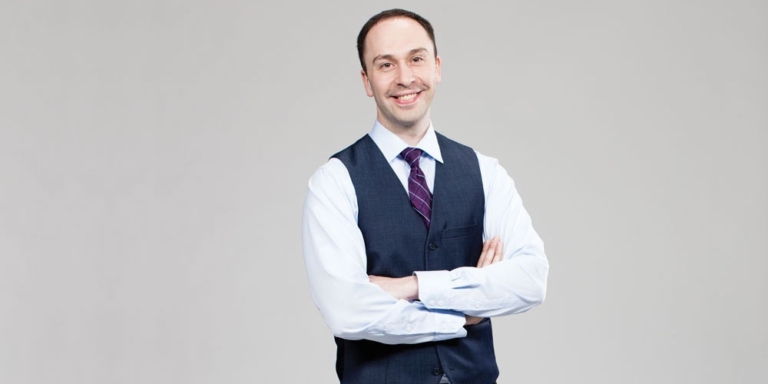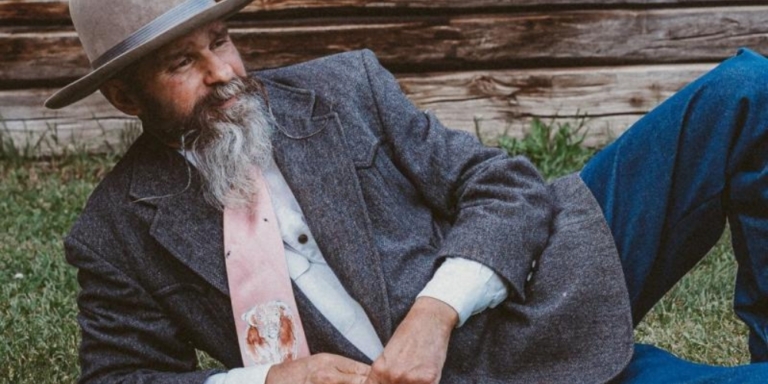Last week was National Organ and Tissue Donation Awareness Week (NOTDAW).
In conjunction with NOTDAW, Alberta Health Services (AHS) launched a new public awareness campaign and a new name for its provincial donation program.
Each year, NOTDAW raises awareness about the critical need for more donors across Canada. It aims to motivate Canadians to talk about organ and tissue donation with their families and loved ones.
As part of the new public awareness campaign, AHS has taken the old Alberta Organ and Tissue Donation Program and refreshed its name to Give Life Alberta.
From our point of view, the new name definitely improves branding!
How Does Organ Donation Work?
Organ donation involves transferring an organ, like a heart or kidney, from one individual to another.
Similarly, tissue donation includes the transplantation of body tissues, such as bones and skin, from a donor to a recipient.
Don’t worry; the AHS isn’t going to come knocking on your door asking for your left femur, a spare lung or anything of the sort.
Most organ donations happen after a donor dies. When people register to donate, they consent to being an organ and/or tissue donor after they die.
However, some donations can be made while someone is still alive.
For example, a donor can donate one of their kidneys, part of their lung, or a piece of their liver, as well as specific other organs and tissue.
Kidneys are among the most donated organs because almost 90 percent of people on the organ transplant waiting list need a kidney.


Should You Become A Donor?
Whether or not you should become a donor depends on many things.
If you are worried about eligibility, anyone can be a potential donor regardless of age, medical condition, or sex.
Even individuals with serious illnesses may be donors. The oldest Canadian organ donor was 92, and the oldest tissue donor was 104.
One organ donor can save up to eight lives, and a tissue donor can save or improve the lives of up to 75 people.
As Albertans, we take pride in helping others; our donation record proves it.
Last year, there were 273 organ and tissue donors in Alberta, marking a record year for donations.
That’s potentially more than 22,000 lives saved through organ and tissue donation.
While our numbers are impressive, our neighbours in British Columbia (BC) take the prize.
Within Canada, BC has the highest number of deceased organ donors out of any province. In 2023, the province saw a record-breaking 563 organ transplants.
The AHS All the Ways campaign is a lighthearted series of videos and print ads that show creative ways to let loved ones know you plan to register as an organ and/or tissue donor.
While spirited, the campaign is meant to normalize discussions about deceased donations. Having a conversation about death is never easy.
Talking about what happens to a loved one after death is even more challenging. If you decide to register, here’s what you need to know.
How To Become An Organ Donor
As of March 2020, registering as a donor can be completed online, making the process easy and accessible.
Registering online records a person’s consent to the Alberta Health Registry. Donor coordinators check The registry will confirm consent when this person passes away.
Coordinators then speak with the deceased’s family to review the donation process, obtain consent, and complete a medical/social history.
With a family’s consent, organs are matched with recipients through the National Organ Waitlist (NOW).
Once a recipient is identified, the donor is taken to the operating room, where the organs are recovered and sent to the appropriate recipient centres for transplantation.
However, even if a person registers online and provides their consent, that person’s family has the final say.
A family can choose to donate all organs and tissue, specific organs or tissue, or none. The hardest part about becoming a donor is telling your family and loved ones about your decision.
Telling your family in advance is the easiest way for them to come to terms with and accept your decision.
There are more than 4,500 Canadians, including 700 Albertans, on the waiting list for an organ transplant.
However, only one to two percent of deaths happen in a way that makes organ donation possible.
Depending on the organ, the time an organ remains viable after death ranges from a few hours to a day and a half.


It’s Your Choice


The AHS’s latest campaign encourages Albertans to register as donors and talk to their families about the process.
Whether you choose to become a donor or not, people should respect your decision.
According to a 2008 study published in Health Communication, the most common reasons for not wanting to donate organs were not trusting doctors, hospitals, and the organ allocation system.
The study also found that participants were concerned with the deservingness of recipients.
For example, a person might choose not to register in fear that their organs would go to someone who brought on their illness or is a “bad” person.
Some people cite religion as a reason for not wanting to donate.
In Tibetan Buddhism, it is believed that the spirit remains in the body for roughly a week after death, and organ transplantation would interfere with the process of rebirth.
However, one of the study’s most surprising findings was that one of the most common reasons for wanting to donate organs and help people was religion.
There are many reasons for and against becoming a donor, but at the end of the day, the choice is yours.
If you decide to register as a donor but change your mind, you can always withdraw online.
But if your organs do go to someone in need, you’re still giving even after you’ve departed.






